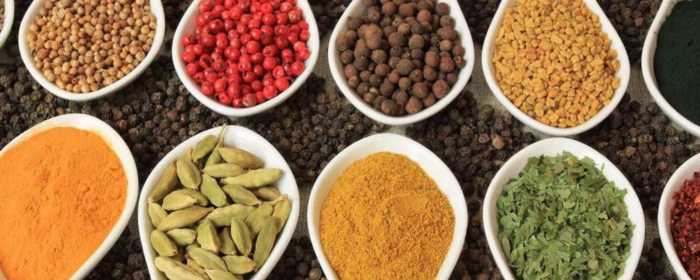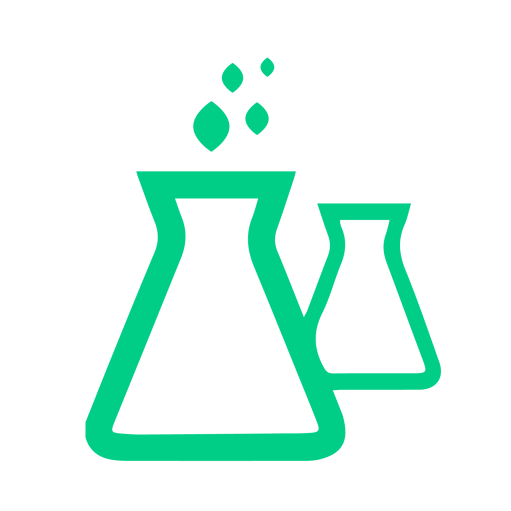
Overview of Food Additives
Food additives are an essential part of modern food production, used to enhance sensory qualities, extend shelf life, or improve nutritional value. Based on their function and safety, food additives can be classified into two main categories: harmless (or mostly harmless) and potentially harmful. Understanding these additives is crucial for consumers to make informed dietary choices.
Harmless or Mostly Harmless Food Additives
1. Natural Antioxidants
- Vitamin C (Ascorbic Acid): Used in juices, canned foods, etc., to prevent oxidation. Harmless and an essential nutrient.
- Vitamin E (Tocopherol): A natural antioxidant commonly used in oils and fats, beneficial to health.
- Rosemary Extract: A plant-based antioxidant with high safety.
2. Natural Colorants
- Beta-Carotene: Provides orange-yellow color and converts to vitamin A in the body.
- Beet Red: A red pigment extracted from beets, highly safe.
- Curcumin: A yellow pigment from turmeric with anti-inflammatory properties.
3. Thickening & Stabilizing Agents
- Pectin: Extracted from fruits, used in jams and yogurts—harmless.
- Agar: Derived from seaweed, a vegetarian gelling agent.
- Guar Gum: A plant-based thickener, safe in moderate amounts.
4. Acidity Regulators
- Citric Acid: Naturally found in citrus fruits, highly safe.
- Lactic Acid: A natural acidifier in yogurt—harmless.
5. Sweeteners
- Erythritol: A natural sugar alcohol with minimal metabolic impact.
- Steviol Glycosides: A plant-derived high-intensity sweetener that doesn’t affect blood sugar.
6. Nutritional Enhancers
- Calcium Carbonate: Used in fortified foods like flour and beverages for calcium supplementation.
- Ferrous Sulfate: An iron supplement to prevent anemia.
Potentially Harmful Food Additives
1. Synthetic Antioxidants
- Butylated Hydroxyanisole (BHA): Possible carcinogen, restricted in some countries.
- Butylated Hydroxytoluene (BHT): High long-term intake may affect the liver.
2. Synthetic Colorants
- Tartrazine (E102): May cause hyperactivity in children; EU requires warning labels.
- Ponceau 4R (E124): Linked to allergic reactions; restricted in some countries.
- Sunset Yellow (E110): Potentially associated with behavioral issues in children.
3. Preservatives
- Sodium Benzoate: May form carcinogenic benzene under certain conditions.
- Sodium Nitrite: Used in processed meats; may form carcinogenic nitrosamines.
- Parabens: Potential endocrine disruptors.
4. Artificial Sweeteners
- Aspartame: Controversial, with some studies suggesting risks.
- Sodium Saccharin: Early studies linked high doses to cancer.
5. Flavor Enhancers
- Monosodium Glutamate (MSG): May cause “Chinese Restaurant Syndrome,” though debated.
- Disodium 5′-Ribonucleotides: Often combined with MSG; excessive intake may cause discomfort.
6. Other Synthetic Additives
- Potassium Bromate: Formerly used in flour treatment, banned in many countries.
- Potassium Aluminum Sulfate (Alum): Long-term consumption may affect the nervous system.
Summary Table of Food Additives
| Category | Name | Harmful/Harmless |
| Natural Antioxidants | Vitamin C (Ascorbic Acid) | Harmless |
| Vitamin E (Tocopherol) | ||
| Rosemary Extract | ||
| Natural Colorants | Beta-Carotene | |
| Beet Red | ||
| Curcumin | ||
| Thickening Agents | Pectin | |
| Agar | ||
| Guar Gum | ||
| Acidity Regulators | Citric Acid | |
| Lactic Acid | ||
| Sweeteners | Erythritol | |
| Steviol Glycosides | ||
| Nutritional Enhancers | Calcium Carbonate | |
| Ferrous Sulfate | ||
| Synthetic Antioxidants | BHA | Harmful |
| BHT | ||
| Synthetic Colorants | Tartrazine (E102) | |
| Ponceau 4R (E124) | ||
| Sunset Yellow (E110) | ||
| Preservatives | Sodium Benzoate | |
| Sodium Nitrite | ||
| Parabens | ||
| Artificial Sweeteners | Aspartame | |
| Sodium Saccharin | ||
| Flavor Enhancers | MSG | Potentially Harmful |
| Disodium 5′-Ribonucleotides |
Conclusion
The safety of food additives depends on their type, dosage, and individual sensitivity. While many natural additives are mostly harmless, some synthetic ones may pose health risks. Consumers should read food labels carefully, recognize common additives, and maintain a varied diet to avoid excessive intake of processed foods with synthetic additives. Regulated additives are generally safe in permitted amounts, but sensitive groups (e.g., children, pregnant women) should exercise extra caution.
